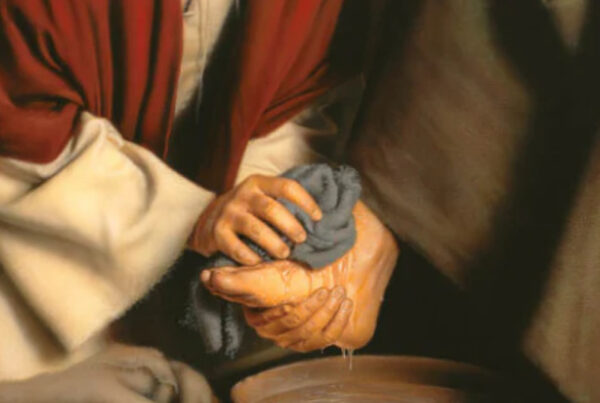Book of Haggai
Chapter 1
Haggai delivers the first message to Zerubbabel, Joshua the high priest, and the heads of the Jewish families. In the opening verse, Haggai repeats the excuse that the people gave when they abandoned work on the temple for sixteen years, “the time has not yet come for the Lord’s house to be built” (v.2). What sign did the people need that it was time to rebuild the temple and restore true worship in Jerusalem? Had they forgotten the words of Isaiah concerning King Cyrus of Persia that God will use a pagan king to rebuild His city and let His people go free (Isa. 45:13, 44:28)? Prophets predicted a national restoration that would amaze the Gentile nations (Isa. 2:1-5; Jer. 30-31). Perhaps they failed to understand that this promise would be fulfilled in the Messianic age or the “last days.” As the oppression escalated, they reasoned that the time had not come to rebuild. So, they devoted themselves to building their homes while the temple laid in ruin (v.3). God responded, “Is it time for you yourselves to dwell in your paneled houses, while this house lies in ruins?” (vv. 3-4). God rather ironically suggested that the real reason the work lagged for sixteen years is that they put their own needs and desires before His work. Haggai challenged them to think about what they had really gained from their labors (vv.5-6):
“Consider how you have fared.
You have sown much, and bring in little;
You eat, but do not have enough;
You drink, but you are not filled with drink;
You clothe yourselves, but no one is warm, and;
He who earns wages, earns wages to put into a bag with holes.”
Haggai revealed that God withheld the dew from the heavens from the fields and mountains, crops, livestock and whatever the ground produced (vv.10-11). Why was God doing this? Because God’s house remained in ruins, while they built their own houses. The remnant had forgotten the covenant that God made with the children of Israel before they entered the Land of Canaan (Deut. 27-28). In Deuteronomy, we read, “Honor the Lord with your possessions, and with the first fruits of all your increase; so your barns will be filled with plenty, and your vats will overflow with new wine” (28:1-14; 30:3-9). God was trying to remind them that His blessings were contingent upon obeying His Word; and that He would discipline them if they disobeyed. In the closing of this chapter, we read that their leaders and all the people repented and work began on the temple. Haggai closed this message with assurance that God forgave them and would help them in their future endeavors (1:13).
We can trust God to supply all our needs according to His vast riches (Phil. 4:6-7, 19). Jesus said, “Don’t worry about what you will eat, drink, or what you will wear. That is what pagans are looking for; your Heavenly Father knows that you need them all. Set your heart on the kingdom and His goodness; and all these things will come to you” (Matt. 6:33). This wonderful promise should remind us that we were bought with a great price and belong to God (I Cor. 6:19-20). We are here to build the house of God, not of mortar and brick, but the church of God. Haggai’s message still confronts us today, “How can you find time and resources to advance your own interests, but excuse yourselves from the work of God?”
Key Verse:
“You expected much; but, see it turned out to be little. What you brought home, I blew away. Why?” declares the Lord. “Because of my house, which remains a ruin, while each of you is busy with his own house.” ~ Haggai 1:9
Questions to ponder:
- Have you ever undertaken a task with great zeal for God, only later to lose your passion and grow apathetic? If so when? Why did it happen?
- What is the relationship between the material and the spiritual when it comes to worshiping God?
- What gives you the motivation, will, and strength to obey in spite of possible consequences?



